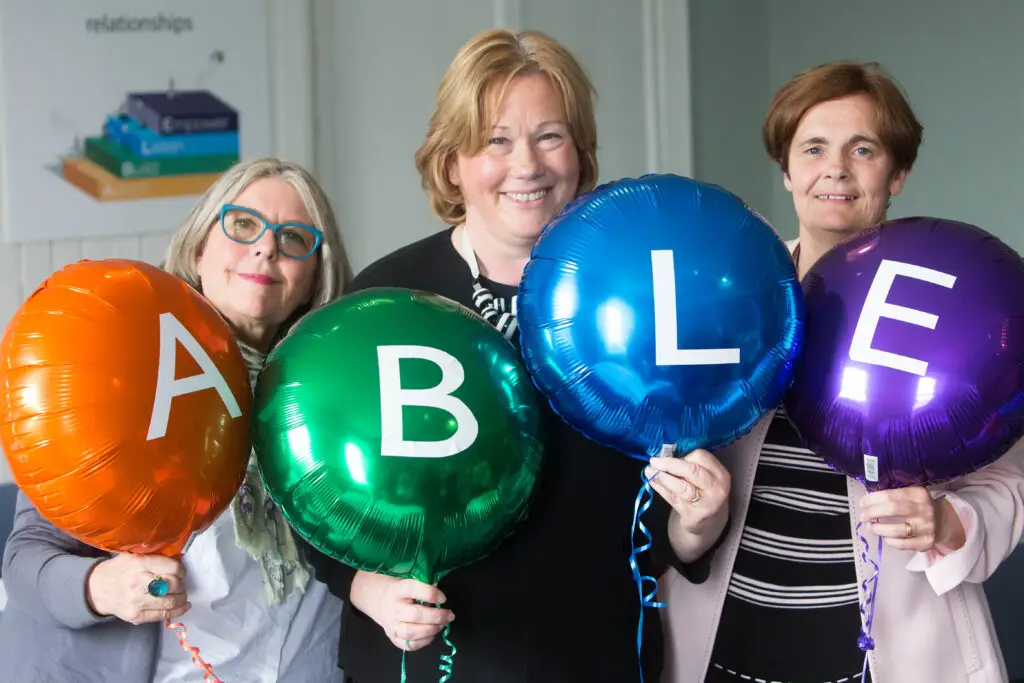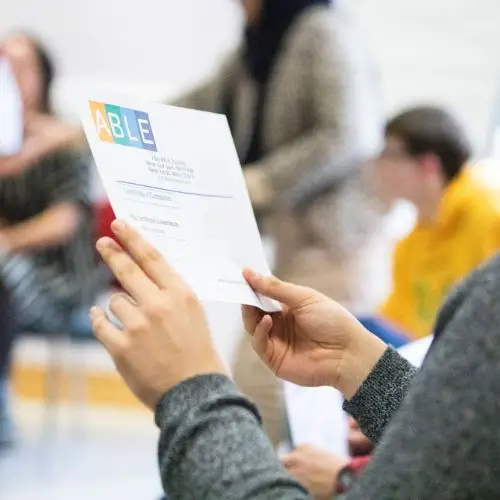Modules
We Have Developed Short Modules, Each Suitable For 2-3 Hours, Specifically Designed For Various Sectors:
• Teachers • GP Training Schemes • General Audiences
Establishing and Maintaining Relationships
This module will support practitioners to relate in both their client practitioner relationships and in teams.
Learning Aims
By the end of this session participants will understand how the Pinch Crunch model can support them in establishing relationships in practice and in planning renegotiation in response to change.
Learning Outcomes
- Describe the Pinch Crunch Model of planned Renegotiation.
- Identify pinches that occur in one’s practice and explain their impact.
- Relate the process of planned renegotiation.
- Identify skills necessary to engage in planned renegotiation.


Transitions Workshop
Aims:
- Provide a framework to consider transitions across the life cycle and in work settings.
- Provide a space for practitioners to consider the current space they occupy and their response to change.
- Provide the opportunity for practitioners to reflect on the key aspects of adjusting to change.
- Identify supportive resources.
Learning outcomes:
At the end of the session practitioners will have:
- Gained further insight and increased awareness into their own response to transitions.
- Developed an understanding of change and the process of transition involved, and how it applies to themselves in the context of their work.
- Increased confidence in their ability to manage this with identified resources.
Experienced and made use of reflective space in which time, attention and respect characterise the space.
Conflict at Home and How it Affects Children in School
Aims
This introductory workshop shares knowledge and skills on the effects of inter-parental conflict on children within the school community. It helps you understand behaviours so that you can provide more compassionate support and understanding to students.
Learning Outcomes
At the end of this session participants will gain:
● An understanding of the impact of inter parental conflict on children.
● An insight into the spectrum of conflict from constructive to destructive.
● Knowledge of evidence base of conflict at home and how it impacts on children/young adults within the School community.
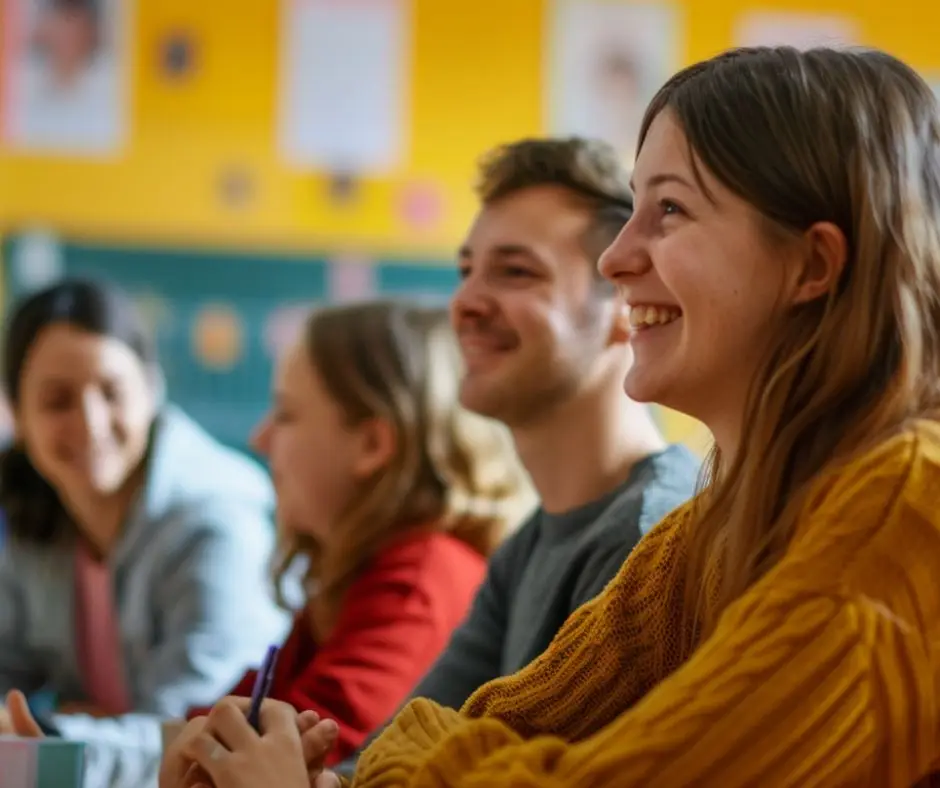
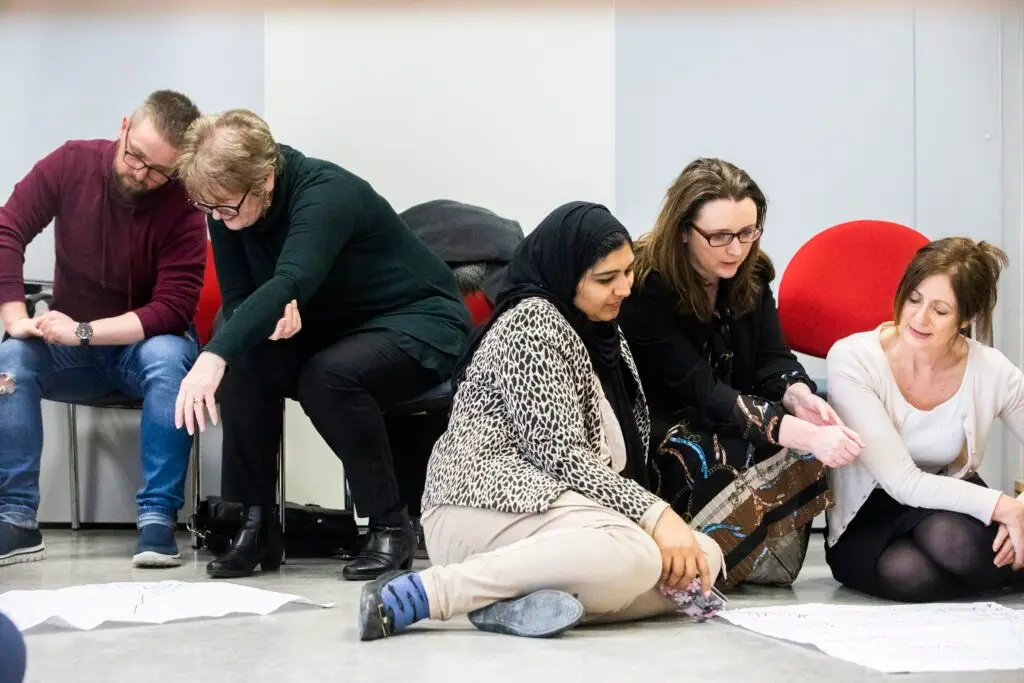
Introduction to Managing Conflict in the School Community
Aims
This introductory workshop is to provide information, knowledge and a working framework to begin to consider the emergence and presence of conflict within school communities.
Learning Outcomes
At the end of this session participants will gain:
● Greater understanding of conflict as present and ongoing within the school community/system.
● Develop insight into the dynamics of relationships and conflict in school.
● Understand value of ABLE brief intervention framework in managing conflict.
● Consider strategies for managing conflict constructively.
Building positive relationships and listening actively to parents and colleagues
Aims
Equip you with skills to increase your ability to build rapport and engage with parents and colleagues, especially when they are concerned / worried.
Note: The following are 4 of the action areas identified as key to promoting well-being in the primary schools that this input addresses.
● Developing and maintaining a safe, caring culture and climate within the school where a sense of belonging and connectedness is fostered.
● Building positive relationships between teachers and children to promote participation, social interaction and pro-social behaviour.
● Developing whole school systems to support early identification.
● Facilitating access to continuing professional development.
Learning Outcomes
At the end of this session you will have:
● An understanding of the impact of relationships on health and well being.
● An insight into the value and skills of active listening.
● Developed an understanding of change and the process of transition involved.
● Becks model as a way of reflecting on the connection between thoughts, feelings and behaviours in the school community.
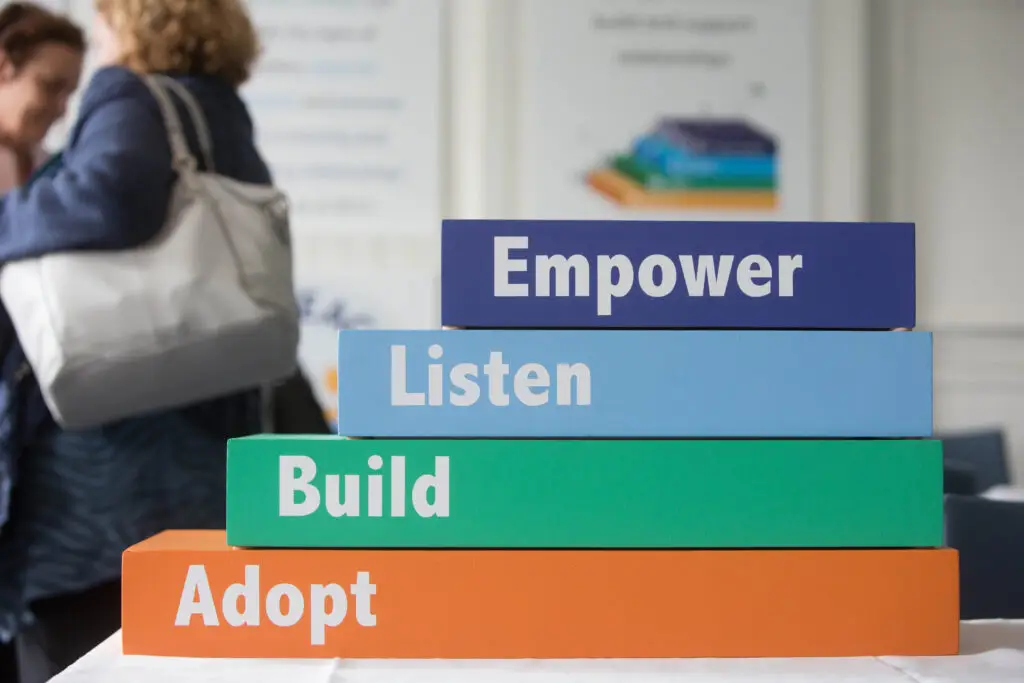
The Role of the Physician in Relational Health
Aims and Learning Outcomes:
- Raise awareness of the evidence and impact of relational well-being on health outcomes for both physician and patient
- Part 1: Explore the benefits to GP and patient of relationship centred practice.
- Part 2 :Supporting relationships and the skills and knowledge that enable this process.
- Increase confidence of the GP registrars to elicit and respond to patients concerns and distress ,using a brief intervention model – ABLE.
The GP, Family Diversity & Reflective Functioning
Aims and Learning Outcomes:
- Reflective practice exercise -Consider our role as a GP – what is the impact of our own beliefs, values, and assumptions?
- Discuss and explore family diversity in Ireland.
- Explore the ABLE brief intervention model: response and listening skills.
- Demonstrate listening skills and action planning / motivating for change.


Self Care & Peer support in General Practice
Aims and Learning Outcomes:
- Review, revise and clarify the steps and skills of the ABLE model as an brief intervention framework and tool for practice.
- Identify Ego states familiar in practice and consider Transactional Analysis as a way of reflecting on GP-patient interaction.
- Raise awareness of role of self care for GPs, complete self-care checklist and identify area to work on and initial steps plan to begin this.
Opportunities and Challenges of a Relational Approach
Aims and Learning Outcomes:
- Identify stages of transitions and value of early intervention.
Explore and practice the skills of the ABLE Brief intervention. - Discuss Maslow’s Hierarchy of Needs, developmental stages of relationships, hidden issues, as ways of understanding what may be going on for patients and how this might present in practice.
- Explore the factors involved that make for a good ending and help patient be an active participant and empowered.
